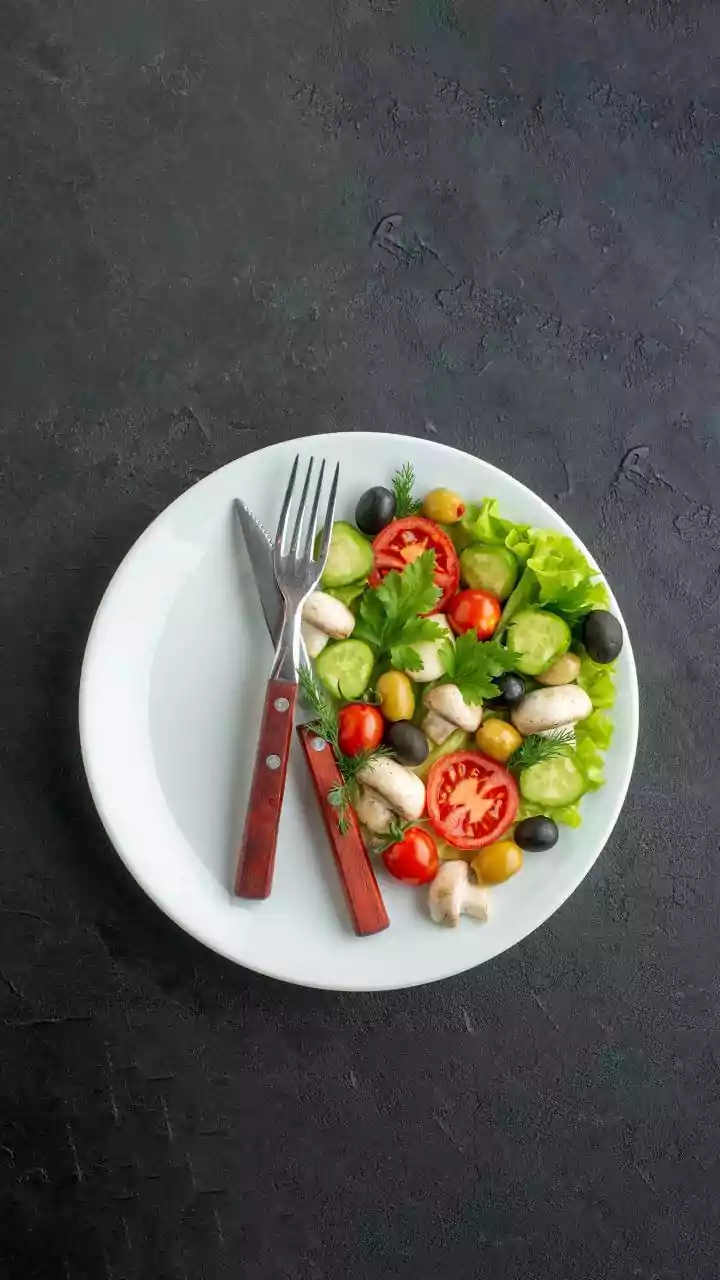Power Up Protein
Protein is absolutely vital when it comes to building toned muscles. It's the fundamental building block, and without sufficient protein, muscle growth
simply won't happen. Foods rich in protein supply the necessary amino acids, which are essential for repairing and rebuilding muscle fibers after exercise. Great sources of protein include lean meats such as chicken and turkey, which offer a solid dose of protein with minimal fat. Fish like salmon and tuna provide not only protein but also healthy omega-3 fatty acids, known for their anti-inflammatory benefits. Eggs are a versatile and affordable protein source, packed with essential nutrients. For vegetarians, consider incorporating lentils, which are full of protein and fiber, aiding in muscle building and digestion. Additionally, Greek yogurt offers a great source of protein, making it perfect for a post-workout snack.
Carb's Crucial Role
Don't underestimate carbohydrates! They're not just about energy; they play a crucial role in muscle building. Carbohydrates supply the body with the energy it needs to perform workouts effectively. Without enough carbohydrates, you might feel sluggish, and your workouts could suffer. Opt for complex carbohydrates such as brown rice, quinoa, and oats. These are slowly digested, providing a steady release of energy, ensuring your muscles have a consistent fuel supply. Fruits and vegetables, like sweet potatoes, are also great choices. They not only offer carbs but also vitamins and minerals that support overall health. These foods help replenish glycogen stores after exercise, which is necessary for muscle recovery and growth. Avoid refined carbs, like white bread and sugary snacks, as they can lead to energy crashes and hinder your fitness goals.
Fats for Muscle Growth
Healthy fats are an essential, but often overlooked, component of a muscle-building diet. Contrary to the belief that fats are bad for you, these play a vital role in hormone production and nutrient absorption, both of which are important for muscle development. Sources like avocados, nuts, and seeds supply the body with essential fatty acids. These healthy fats support overall health, aiding in the absorption of fat-soluble vitamins. Olive oil is another excellent option, providing monounsaturated fats known for their heart-healthy properties. Include fish like salmon, rich in omega-3 fatty acids. These can reduce inflammation and improve muscle recovery after tough workouts. Avoid trans fats and limit saturated fats to stay healthy. When incorporated into your diet, healthy fats will keep your hormones balanced and improve your body's capability to absorb crucial nutrients.
Hydration is Key
Water is fundamental to all bodily functions, especially muscle building. It helps transport nutrients to the muscles and removes waste products that hinder muscle growth. Dehydration can lead to muscle cramps and fatigue, which can hinder your ability to train effectively. Aim to drink plenty of water throughout the day. This includes before, during, and after workouts. Consider adding electrolytes to your water, particularly after intense exercise, to replenish what you lose through sweat. Along with hydration, proper rest and sleep are critical. Muscles grow and repair themselves during sleep. Aim for 7-9 hours of quality sleep each night. Without enough sleep, your body's hormone production will be negatively affected, which could be detrimental to muscle growth. Prioritize hydration and rest, to get the best results from your training efforts.
Strategic Meal Planning
Plan your meals strategically to align with your workout schedule. This means eating the right foods at the right times to maximize your muscle-building potential. Consume a combination of protein and carbohydrates before your workouts to fuel your body for optimal performance. Following your workout, make sure to consume protein and carbohydrates to help recovery. Distribute your meals throughout the day to provide a steady stream of nutrients to your muscles. A balanced plate might include lean protein, complex carbohydrates, and healthy fats at each meal. Meal prepping can also be super helpful here! Preparing meals ahead of time can ensure you always have nutritious options available. Make smart choices by avoiding processed foods and sugary drinks. They can sabotage your progress. By implementing strategic meal planning, you can ensure your body always has what it needs to develop and rebuild muscle effectively, boosting your fitness journey.


















